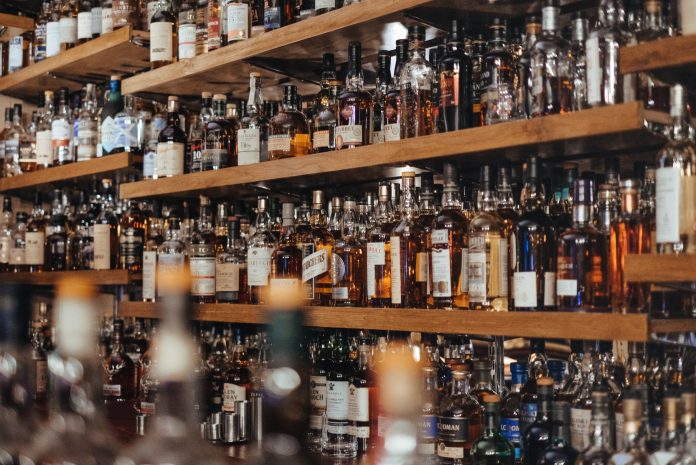New Jersey Governor Phil Murphy signed legislation today that will substantially boost the number of available liquor licenses statewide and ease a wide range of restrictions that have stifled breweries and distilleries, marking the first substantive overhaul of New Jersey’s antiquated liquor license laws since the aftermath of Prohibition.
“For the first time in nearly a century, New Jersey has shown the fortitude to tackle an age-old problem that has stifled economic growth and hampered the dreams of countless small business owners,” Murphy said in a statement.
“We knew this wasn’t going to be an easy lift – nothing that has been entrenched for nearly a century ever is. Together with our partners in the Legislature, we are laying new ground rules to help our breweries and distilleries flourish at the same time creating new opportunities for smaller and more diverse mom-and-pop establishments to set up shop or expand in New Jersey and help transform our downtowns.”
The prime sponsors of the legislation, which contains most of the reforms recommended in the Governor’s conditional veto last month, include Senator Vin Gopal and Assemblyman Clinton Calabrese.
“The New Jersey craft brewing and distilling industry is growing rapidly across New Jersey, becoming a mainstay for tourists and locals alike,” Senator Gopal said in a statement.
“It only makes sense to give this industry room to grow and prosper. Under this law, craft alcohol manufacturers will flourish and revitalize Main Street business districts across the state.”
The new law attacks the main cause for the scarcity of liquor licenses for decades now, which consequently has sent the price of licenses through the roof – inactive and pocket licenses. Inactive licenses are those that are associated with a specific location but are not in use, while pocket licenses are those that have been purchased but are not attached to a specific location.
Under the new law, license holders will no longer be able to indefinitely retain a retail consumption license without using it. If a license has remained inactive for two consecutive license terms – a total of two years – the license holder will now be required to either use the license or sell it. If neither option is exercised, the license can be transferred from one municipality to a contiguous municipality.
Additionally, the governing body of a municipality where an inactive consumption license has lapsed and not been renewed for the last eight years, may issue a new consumption license at public sale for use at a licensed premises located within the town.
These changes will substantially boost accessibility by injecting as many as 1,356 licenses back into the market, a roughly 15% increase over the 8,905 active retail consumption licenses presently being used, according to the NJ Division of Alcoholic Beverage Control (ABC).
Mall Licenses
Additionally, the law establishes a new class of retail consumption liquor license that will potentially create upwards of 100 new licenses throughout the state. Specifically, the law will allow municipalities to issue:
Up to two new licenses for food and beverage establishments in shopping malls with a minimum of 750,000 square feet; and
Up to four new licenses for establishments in shopping malls with a minimum of 1.5 million square feet
With malls in nearly every county, plus qualifying strip malls, New Jersey could potentially see upwards of 100 new licenses created under this provision – bolstering the survival of malls, which have been struggling due to the pandemic and the proliferation of online shopping and boosting economic activity for towns statewide.
Breweries, Cideries, Meaderies, and Distilleries
The new law also permanently eases the existing restrictions that have stifled breweries, distilleries, cideries, and meaderies, hampering their ability to compete against burgeoning industries in neighboring states.
The law eliminates the long-standing burden that required these establishments to provide tours of the premises to patrons, while also allowing them to:
Offer snacks and other non-alcoholic beverages;
- Collaborate with outside vendors including food trucks;
- Host unlimited onsite events and private parties, including birthdays, weddings, anniversaries, and civic and political functions;
- Host up to 25 off-site special events;
- and Participate in up to 25 events hosted by the holder of a social affairs permit.
The bill also increases the number of barrels that may be manufactured per year from 10,000 to 300,000 and allows license holders to directly sell and distribute 50 percent of the beer that is produced on premises in each year to retailers, rather than having to rely solely on wholesalers.
The bill also establishes a new farm-brewery license that would permit the licensee to produce malt alcoholic beverages for retail sale to consumers for consumption off the licensed premises.


I have no idea why anyone who fits the criteria can’t get a license, no limits. Renewable every while, just like a drivers license. Amazing, welcome to capitalism.